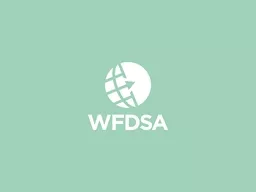PDF-(BOOK)-A Practical Guide to Museum Ethics
Author : tiffanyhiltz | Published Date : 2022-06-29
Are your collections up for grabs Does the spouse of one of your trustees have too much to say about developing the exhibition schedule How much is too much public
Presentation Embed Code
Download Presentation
Download Presentation The PPT/PDF document "(BOOK)-A Practical Guide to Museum Ethic..." is the property of its rightful owner. Permission is granted to download and print the materials on this website for personal, non-commercial use only, and to display it on your personal computer provided you do not modify the materials and that you retain all copyright notices contained in the materials. By downloading content from our website, you accept the terms of this agreement.
(BOOK)-A Practical Guide to Museum Ethics: Transcript
Download Rules Of Document
"(BOOK)-A Practical Guide to Museum Ethics"The content belongs to its owner. You may download and print it for personal use, without modification, and keep all copyright notices. By downloading, you agree to these terms.
Related Documents














